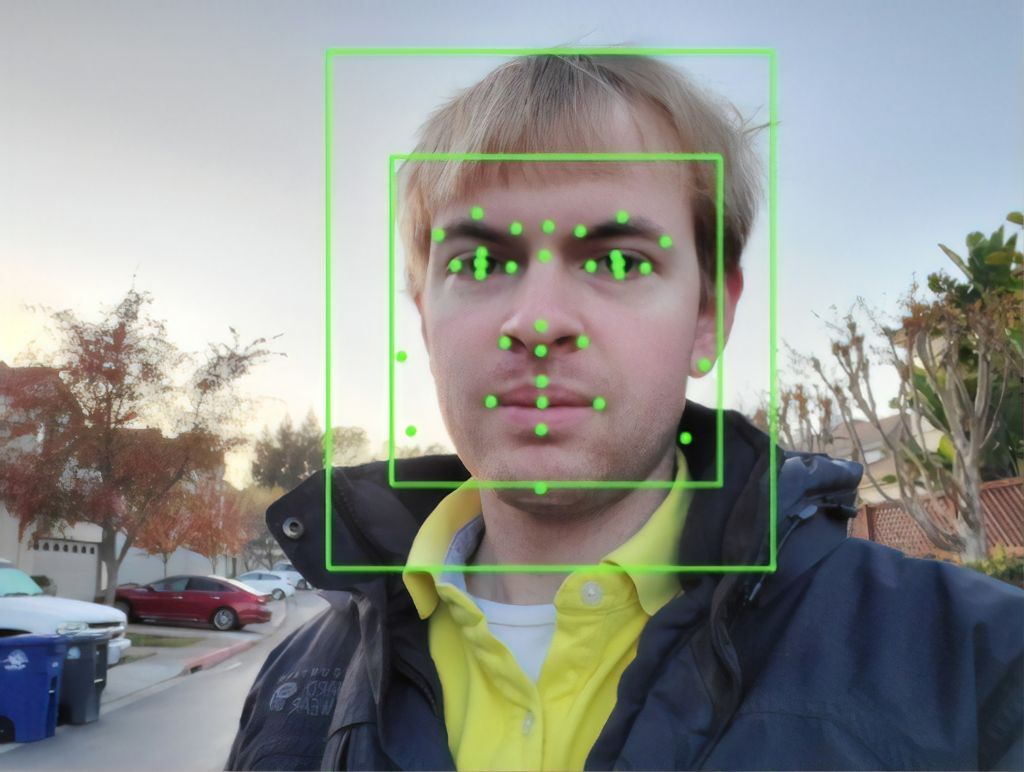
Who Truly Controls Your AI Assistant?
This is a question that many users of digital assistants haven’t considered yet. Today’s millions are benefiting from various digital helpers, from voice-controlled tools to intelligent bots integrated into platforms like Google Workspace and ChatGPT. However, the reality is that most of these systems are not owned but rented, leading to concerns about control.
If your digital assistant ceases to exist overnight, what recourse do you have? Changes in company policies or restrictions on functionality could jeopardize your access. These concerns are already materializing and signal a future in which user agency is vital.
The Implications of Today’s AI Business Model for Users
The current AI services operate on a rental model. Users pay for access, whether through monthly subscriptions or pay-per-use APIs, thereby creating an illusion of control. However, the actual authority lies with the platform providers, who dictate the capabilities, responses, and longevity of the AI services.
For example, when a business team employs an AI assistant to streamline tasks or derive insights, this assistant typically operates within a centralized Software as a Service (SaaS) framework, often hosted by a third party. Even if the AI is trained on proprietary company data, the ownership of that data can be compromised.
The Need for True Ownership
In today’s world, where AI influences everything from financial management to personal tasks, ownership becomes not just desirable but critical. When your AI takes actions that may impact your financial situation or personal life, having true control over those systems is non-negotiable.
Instead of relegating your autonomy to rental agreements, explore frameworks like Web3 and neobanking systems that empower individual management of digital assets. These owned agents function autonomously, adhering to user-defined parameters, transforming AI from merely a reactive tool into a proactive assistant.
At Olas, we’ve been working towards a future where users can own their AI agents through products like Pearl, which allows individuals to run independent AI systems while retaining total ownership. As technology advances, the necessity for self-custody over AI agents becomes more prevalent, not just in financial settings but across all facets of daily life.
In summary, user-owned AI isn’t merely a preferable choice; it is the only option that preserves the intelligence and autonomy of the individual. If we continue this trend of centralization by relying on rental models, we risk relinquishing control to a few dominant entities, thus hindering our autonomy. It’s time to prioritize ownership in the AI landscape.
